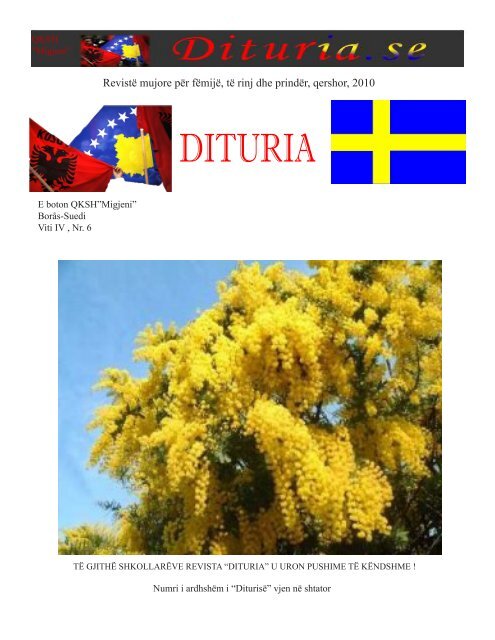

Nertila Koka and Anita Bitri quickly became the favourite new singers of songs about love, while Parashqevi Simaku, Irma Libohova and Morena Reka also motivated the youth with progressively more liberal political entries year after year. The following year, the change in lyrics was very abrupt and censorship began to relax. This oppression continued until 1984 when the dictator died. The songs were highly monitored and the topics were generally related to the country's development or the government and its main figures. Īfter the 1972 edition the contest dwelled in a period of extreme pressure and censorship. The main organisers of the show were accused of conspiring against the country and corrupting its youth. This ranged from limiting the type of clothes artists could wear, to restricting their range of movement while performing. Following this development, the ruling Communist Party imposed numerous sanctions on the contest's creativity, with a strict censorship on anything deemed inappropriate by the government.

They were accused of endangering the country with "immoral aspects" in their songs and performances. The 1972 edition was a turning point for the contest, in which dictator Enver Hoxha prosecuted the organisers of Festivali i Këngës 11 after declaring them "enemies of the public". It developed over time, starting with neutrally themed entries to becoming a tool for the governing Communist Party of Albania in promoting its ideals. The festival's music was, under communism, strictly centered around light music. The first edition of Festivali i Këngës took place on 21 December 1962 at the High Institute of Arts in Tirana and was won by Vaçe Zela performing the song titled " Fëmija i parë". Vaçe Zela performing at the 11th edition of Festivali i Këngës in 1972. She represented Albania in the Eurovision Song Contest 2021 in Rotterdam, Netherlands. The most recent winner is Anxhela Peristeri who won the 59th edition of the contest. Vaçe Zela holds the record for most victories in the competition with eleven wins followed by Tonin Tërshana with four wins and Aurela Gaçe and Manjola Nallbani with three wins respectively. At times, the head juror has carried twice the voting power of other jurors. However, other voting methods have also been applied, such as televoting or regional juries. The winners have traditionally been selected by a jury. Various singing presentations have been used throughout its history, beginning with radio-only interpretations in the first few years, live performances, playback, remakes, and even duets featuring other singers. It has been broadcasting every year since its inauguration in 1962 and it determines the country's representative for the Eurovision Song Contest (since 2003). "Festival of Song") is an annual music competition in Albania organised by the national broadcaster Radio Televizioni Shqiptar (RTSH). Festivali i Këngësįestivali i Këngës ( Albanian: transl. For the 2021 festival, see Festivali i Këngës 60.


 0 kommentar(er)
0 kommentar(er)
